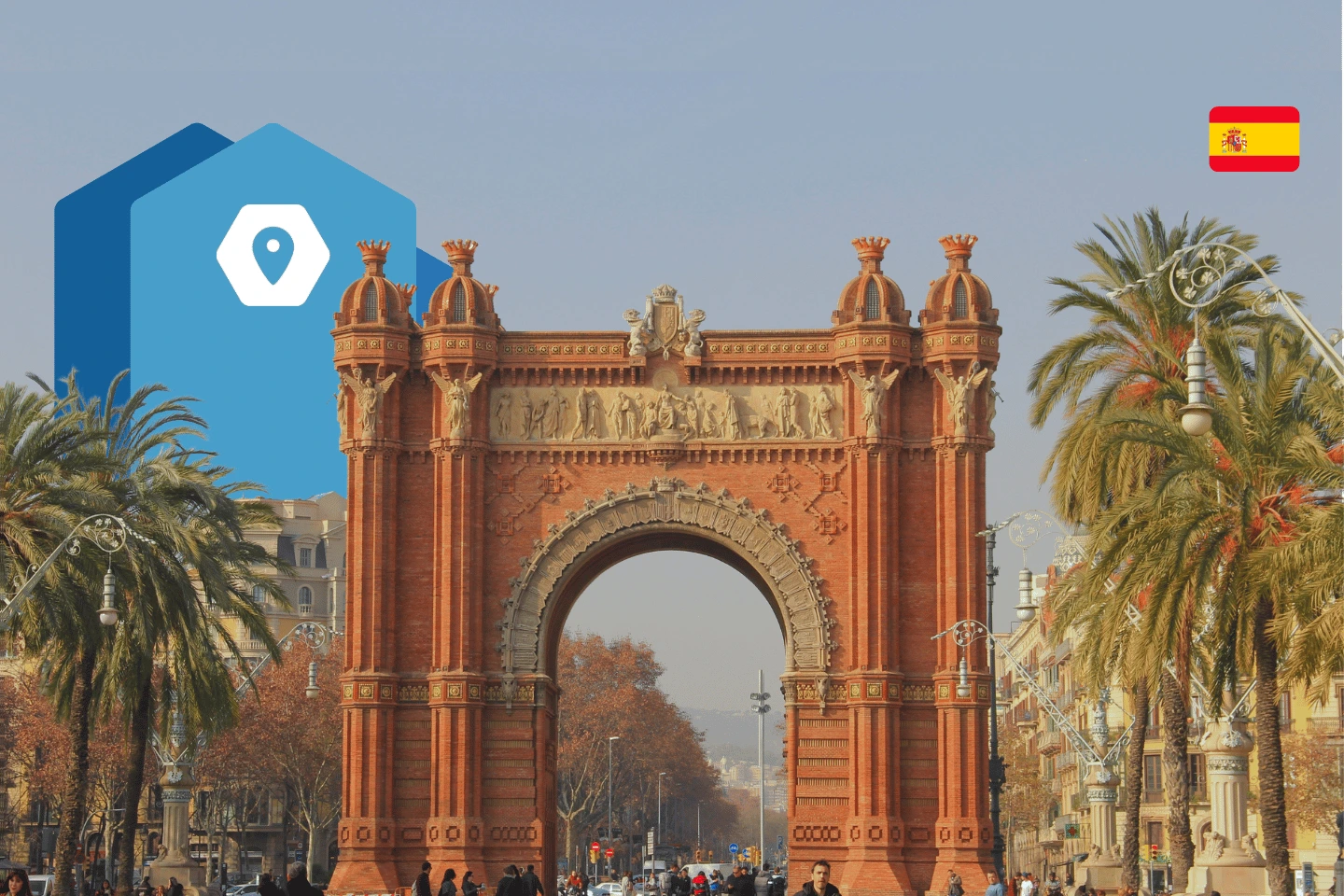When EU citizens move to Spain for work, their non-EU family members - spouses, children, and dependent relatives - can join them under the EU Family Member Card scheme. This applies to citizens of EU Member States, the European Economic Area (EEA), and Switzerland.
Spain’s 2025 rules have expanded eligibility and made this process simpler, but there are still important steps employers and employees should be aware of.
Here’s how Non-EU Family Members of EU Employees in Spain can apply for residency.
Who Can Apply?
Non-EU family members eligible for residency include:
- Spouses or registered partners (not separated or divorced)
- Children under 21 or dependent adult children
- Parents/grandparents if financially dependent on the EU citizen
- Cohabiting partners with proof of a stable relationship (at least one year together, unless they have children)
- Other dependents with serious health or disability needs
Case Example: A French engineer relocating to Barcelona can bring her non-EU spouse and dependent parents, provided she meets the financial requirements.
Requirements for Non-EU Family Member Residency
Step-by-Step Application Process
Permanent Residency and Citizenship
After 5 years, non-EU family members can apply for permanent residency.
After 10 years, they may qualify for Spanish citizenship.
2025 Updates to Family Reunification
Recently introduced rules make it easier for employees to bring their families to Spain and expand family reunification eligibility. Read our article 2025 Immigration Regulations in Spain: What Employers Need to Know for the full info.
Common Problems And How to Avoid Them
- Healthcare Gaps: Until residency is approved, private insurance is mandatory. Many policies exclude pre-existing conditions – a costly oversight.
- Lack of NIE: Family members need NIEs to open bank accounts or sign leases, but these are often requested too late.
- Document Discrepancies: Name discrepancies on documents like birth certificates and passports are a surprisingly common cause of delay.
How Jobbatical Can Support You With Family Reunification
Family reunification in Spain involves multiple steps and careful documentation. Jobbatical's immigration specialists guide employees through the entire process, from initial paperwork to final residency approval. We work directly with Spanish authorities to help:
- Prepare and submit applications correctly the first time
- Schedule required appointments efficiently
- Coordinate registration requirements
For companies bringing international talent to Spain, we make sure families can relocate stress-free. Book a consultation to learn more about our Spain relocation services.

.svg)






.webp)




.svg)
